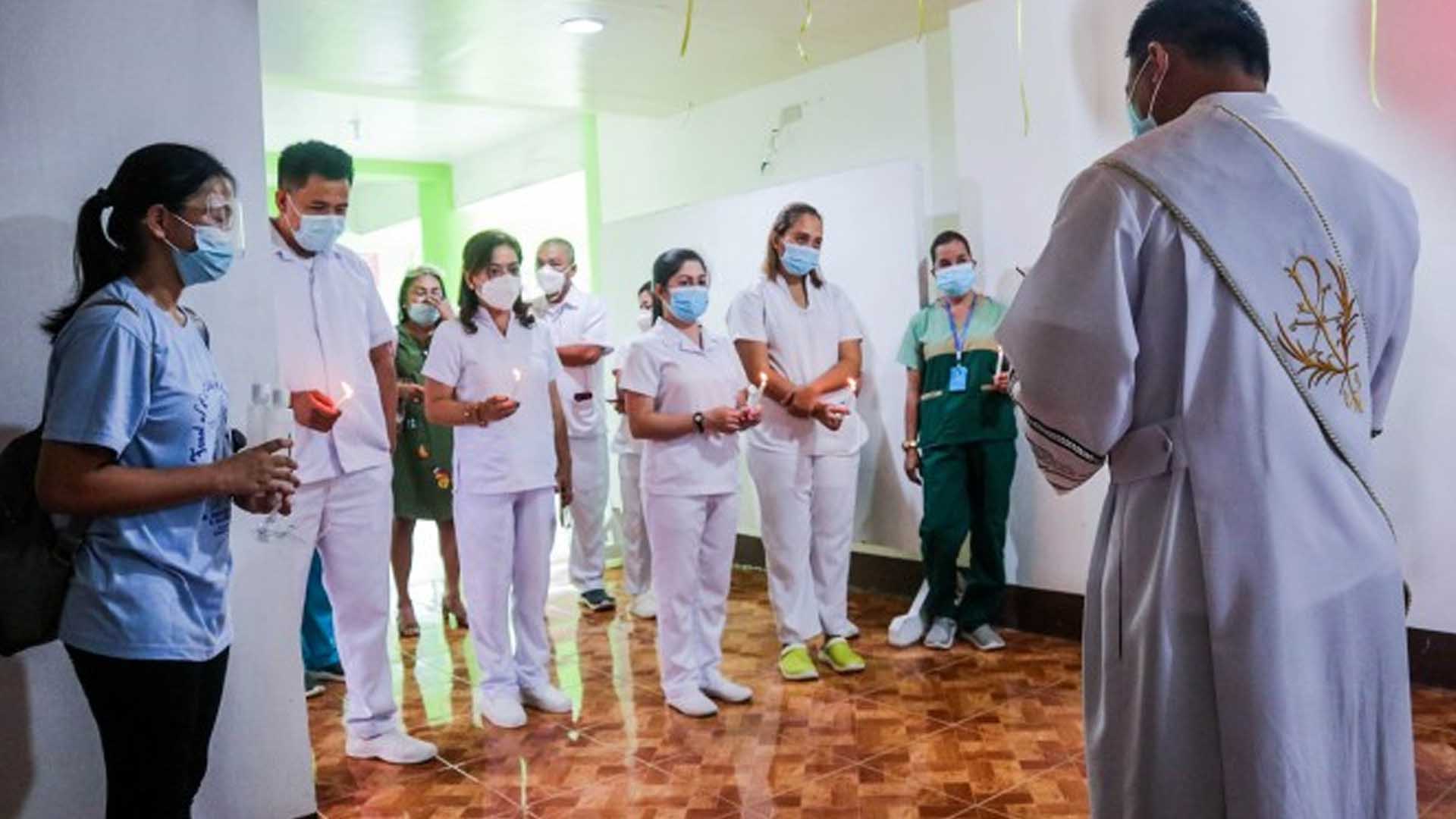A House leader on Thursday proposed amending the Philippine Nursing Act (Republic Act 9173) with the creation of categories for nurse practitioners and nursing assistants who can lighten the workloads of registered nurses in medical facilities.
House Committee on Civil Service and Professional Regulation chairperson Alexie Tutor said the amendatory bill can be certified as urgent if the Department of Health (DOH) and Professional Regulation Commission (PRC) deem the nursing personnel shortage to be in “urgent crisis mode.”
Tutor said DOH Secretary Teodoro Herbosa’s plan to provide temporary licenses to nursing graduates who failed the mandatory board exam, but nearly passed with ratings of 70 percent to 74 percent has no basis in either the Philippine Nursing Act or the PRC Modernization Act (Republic Act 8981).
“Republic Act 9173 and RA 8981 do not provide for any circumstance or situation wherein either the Nursing Board or the PRC is authorized or empowered to issue any temporary license to practice the nursing profession. We are aware of no precedents for the issuance of temporary professional practice licenses,” she said.
Tutor, however, pointed out that RA 9173 has a provision under Section 15 allowing those examinees to retake the exam for those subjects where they got ratings lower than 60 percent.
“Special examinations can be scheduled for those. This is one way for the DOH and PRC to achieve what they would like to happen: have more passers of the nursing boards,” she said.
She also proposed that instead of hiring “near passers”, the DOH should hire several unemployed passers of the nursing boards through filling up the vacancies for nurses of the DOH hospitals’ plantilla items.
KABAYAN Party-list Representative Ron Salo, for his part, backed Herbosa’s proposal to grant temporary licenses to nursing board takers who obtained scores between 70 percent to 74 percent, as he acknowledged the pressing need for additional nursing personnel in government hospitals.
Salo said this temporary measure will help address the current shortage while the government formulates a comprehensive long-term solution.
“This immediate action will provide us with additional manpower to support our healthcare system while we work on a sustainable solution for this matter,” Salo said.
Salo, however, stressed that certain conditions must be adopted before granting temporary licenses to non-board passers.
He recommended that the DOH prioritize board passers in its hiring and only consider granting temporary licenses to non-board passers once there is an actual insufficient number of qualified board passers available.
“It is crucial for the DOH to prioritize board passers in granting these temporary licenses. Only after ensuring that there are no qualified board passers available that they proceed to consider non-board passers,” Salo said.
Salo further noted that temporary license holders should still be required to take and pass the board exams within a specified timeframe.
“This condition ensures that they meet the standards of the nursing profession and maintain the quality of healthcare services,” he said.
He said a long-term solution should still be implemented involves increasing the salaries of nurses to compete with international markets and encourage them to remain in the country with their families.
“Addressing nurse retention and creating a conducive environment for their professional growth should be our priority,” he said.
Philippine College of Physicians president Dr. Rontgene Solante earlier said board eligibles are already competent enough to do nursing work after graduation.
“It’s just a matter, that when they will be incorporated or isama na natin sila doon sa mga (include them in the) hospital, they have to undergo training, also the trainers, they will look at how they are competent enough to be working in the hospital,” Solante said in a televised public briefing on Tuesday.
Once immersed in the hospitals, Solante said they have to be monitored by the staff and be taught of the processes.
“Because for me, even if they have not taken the board yet, they already possess the skills of a nurse, it’s just a matter that they still have to take the board,” he said. “Napakaimportante nitong hakbang dahil, we can encourage those na nagna-nursing pero hindi pa nag-take ng board, pumupunta ng ibang work kagaya ng mga call centers (This is an important plan because we can encourage those who took nursing but have not taken the board and are taking other work like in call centers).”
The PRC reported that there are 951,105 registered nurses in the country but only 509,297 or 53.55 percent are practitioners as of March 24, 2023.
The PRC said the country does not meet the ratio of practicing nurses set by the World Health Organization which is 27.4 for nurses for every 10,000 individuals. (PNA)




















